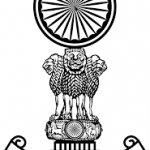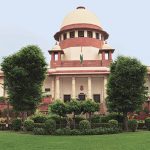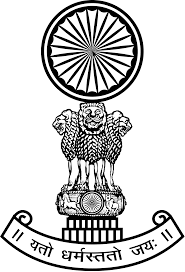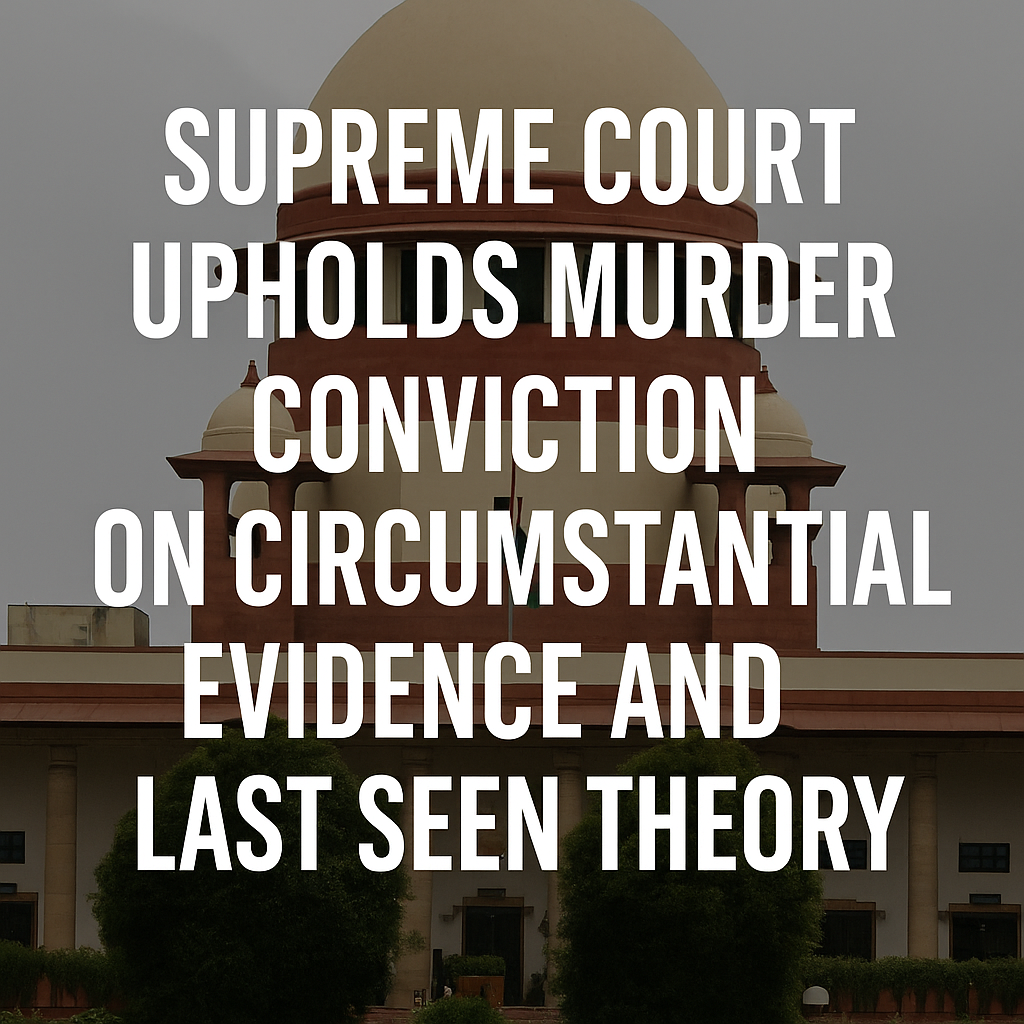The question of Law arises for consideration before the Supreme Court of India as to whether, by invoking the doctrine of promissory estoppel, can the Union of India be estopped from withdrawing the exemption from payment of Excise Duty in respect of certain products, which exemption is granted by an earlier notification; when the Union of India finds that such a withdrawal is necessary in the public interest.
The facts of the case is that the Union of India exempted the goods specified in the First Schedule and the Second Schedule to the Central Excise Tariff Act, 1985 (5 of 1986) other than the goods specified in Annexure-I to the said Notification, from the payment of duties under the said statutes. The notification provided that so much of the duty of excise or additional duty of excise, as the case may be, leviable thereon under any of the said Acts as was equivalent to the amount of duty paid by the manufacturer of the said goods, other than the amount of duty paid by utilisation of CENVAT credit under the CENVAT Credit Rules, 2002, was exempted.
Later on, in the year 2007, the Union of India issued the impugned Notification whereby the product ‘pan masala’ falling under Chapter 21 of the First Schedule of the Central Excise Tariff Act, 1985, the goods falling under Chapter 24 of said First Schedule, i.e., tobacco and manufactured tobacco substitutes and plastic carry bags of less than 20 microns were included in the negative list and as such were no longer entitled for exemption from the excise duty.
Being aggrieved by the said notification, the respondent, approached the High Court and the High Court quashed the notification. As against the order of the High Court, the Union of India preferred appeal before the Supreme Court of India.
After analysing various judgments relating to the application of principle of Doctrine of Promissory Estoppel against the Union Government, the Supreme Court has allowed the appeal whereby validates the Notification issued by the Union of India.
The Supreme Court concluded that the larger public interest outweighs the individual loss. It has also analysed various studies relating to tobacco and Pan Masala and come to the conclusion that the withdrawal of exemption is very much upon public interest and the same needs to be upheld.
The Apex Court recorded that “the study which has been conducted in 2004, found that gutkha and pan masala have been one of the major causes of oral cancer. The Oncologists as early as in 2004 had strongly advocated banning of gutkha and pan masala. They further find that banning the manufacture and sale of these products would reduce oral cancer incidence rates. It is found that gutkha and pan masala have flooded the Indian markets and become popular amongst all age groups. It is observed that pan masala with tobacco as well as without tobacco have been found to be having a potent carcinogenic mixtures that can cause oral cancer. It further found that, these products are an addictive and enhance the early appearance of oral sub-mucous fibrosis (OSMF). It is especially so in the young users who could be more susceptible to the disease.”
It is held by the Apex Court that “we have no hesitation to hold that the withdrawal of the exemption to the pan masala with tobacco and pan masala sans tobacco is in the larger public interest. As such, the doctrine of promissory estoppel could not have been invoked in the present matter. The State could not be compelled to continue the exemption, though it was satisfied that it was not in the public interest to do so. The larger public interest would outweigh an individual loss, if any”
(Case Law- UNION OF INDIA & ORS. Vs. M/s UNICORN INDUSTRIES– Date of Decision of SC– 19-09-2019)





More Stories
Supreme Court Strongly Condemns Abuse of Bail Conditions Through False Deposits and Reneging by Parties
Supreme Court Affirms Procedural Adherence and Limits of Insolvency Moratorium in Civil Litigation
Whether a Statement obtained under section 67 of NDPS Act can be treated as a Confession?